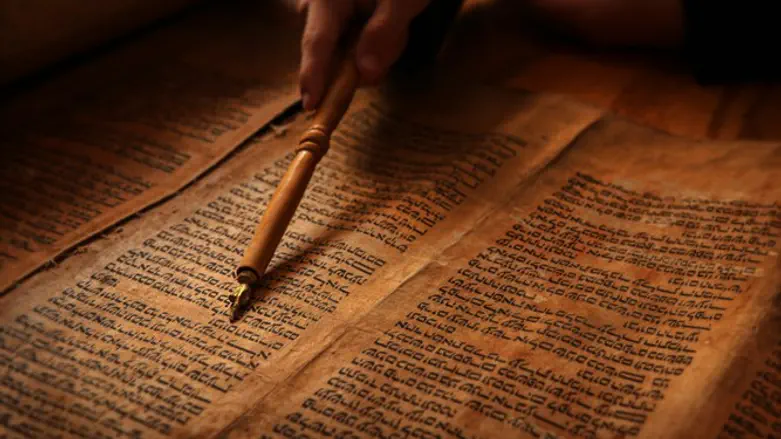
Upon hearing news in earlier generations, the question asked from the shtetls to the city’s Jewish neighborhoods was invariably, “Is it good for the Jews?”
So the same question might be asked today, as we observe the spread of open homosexuality among young Jews, both observant and non-observant.
Those who most loudly support homosexuality in the Jewish community claim to be representatives of all that is moral and righteous. And disastrously, they silence anyone questioning their views, labeling them as hate-filled racists, accusing them of being bigots who spew hatred.
This has been the successful tactic in closing down discussions about people of color's civil rights in the United States for the past 60 years, and so it is successfully used to silence discussions about Jewish homosexuality.
But the issue of homosexuality is much too important for the Jewish community to allow the rules of engagement to be determined by those who seem rabidly intolerant of opposing views.
For the homosexual lifestyle directly contradicts thousands of years of family-centered Jewish life, which has proven to be one of the foundations of our survival. The homosexual act is unequivocally forbidden by the Torah.
And hanging on the debate about Jewish homosexuality is the fate of perhaps hundreds of thousands of unborn Jewish children.
In my Jewish family there appears to be a flood of homosexuality among the generation now in their twenties.
No fewer than five young cousins, four young men and one woman, have announced they are homosexuals. These young cousins grew up in Orthodox, Reform and Israeli atheist homes.
Putting aside the politicized rhetoric, what have we seen that some of these children have in common?
Some were isolated in their growing years, too often spending thousands of hours with computers, rather than friends.
And as aunts and uncles, we saw that there were other problems. We often noted that these children were unable to interact with us as they grew up. We also saw problems in their homes, as parents were too unyielding, too domineering.
As Jews, we must be clear about homosexuality among our youth. We need to find unequivocal answers to questions, such as:
- Is this a legitimate public lifestyle choice for Jews?
- While homosexuality might be genetic in some people, what about those young Jews who turn to homosexuality in response to other emotional problems? How do we help them?
- What, then, is our responsibility to help those troubled children?
Contrary to what today’s Jewish social justice warriors say to us, we clearly have the obligation to ask how homosexuality can be good for the Jews.
And we need our leaders in the Jewish communities, and particularly the rabbis, to guide us based upon hallakha, rather than urging us to accept the fashionable morality of the non-Jewish world.
Regrettably, it was the clergy of the Conservative and Reformed movement who predictably moved far more quickly than their congregants in embracing homosexuality. Many of these leaders seemed more comfortable teaching their congregants about fashionable social justice, rather than teaching Torah.
Painfully, we hear so many politically correct banalities about Jewish homosexuality. When a young cousin moved into a group home with other homosexuals, his adult cousins endlessly repeated, “He feels he is in a safe place now.” And upon hearing that trendy word “safe,” many Jewish adults bow down ……...as if the word “safe” is supposed to justify this choice of lifestyles.
And how does the father feel about a Jewish son announcing that he is a homosexual? “He is ok with it now….” is the often-heard banality, as if “ok” makes it alright.
What is the bottom line? How should the Jewish community confront this problem?
Perhaps we need to begin publicly talking about Jewish homosexuality---and loudly. Are there signals we should watch for among Jewish children? What actions can we take to help troubled twenty year-olds?
My doctor in the 1970s, the late Morris Goldberg of Poland and Chicago, told me so many years ago, “My patients who are homosexuals all seem to be such sad people.”
And too often, it seems so today.
These Jewish young people appear so unsure of themselves that they must throw their homosexuality into the faces of the greater community with parades, demonstrations and lawsuits. And like loving parents, the larger community responds with bewilderment to this apparently confused behavior.
While we are constantly lectured about the rights of Jewish homosexuals, we must also demand that the Jewish community has its rights, too.
Rather than being beaten down by zealous defenders of supposed human rights, Jews need to stand up and say that we, as a community, have an obligation to discuss the seeming spread of homosexuality among our youth.
And as we seek a path to move forward, we might again be guided by the eternal question: Is it good for the Jews?